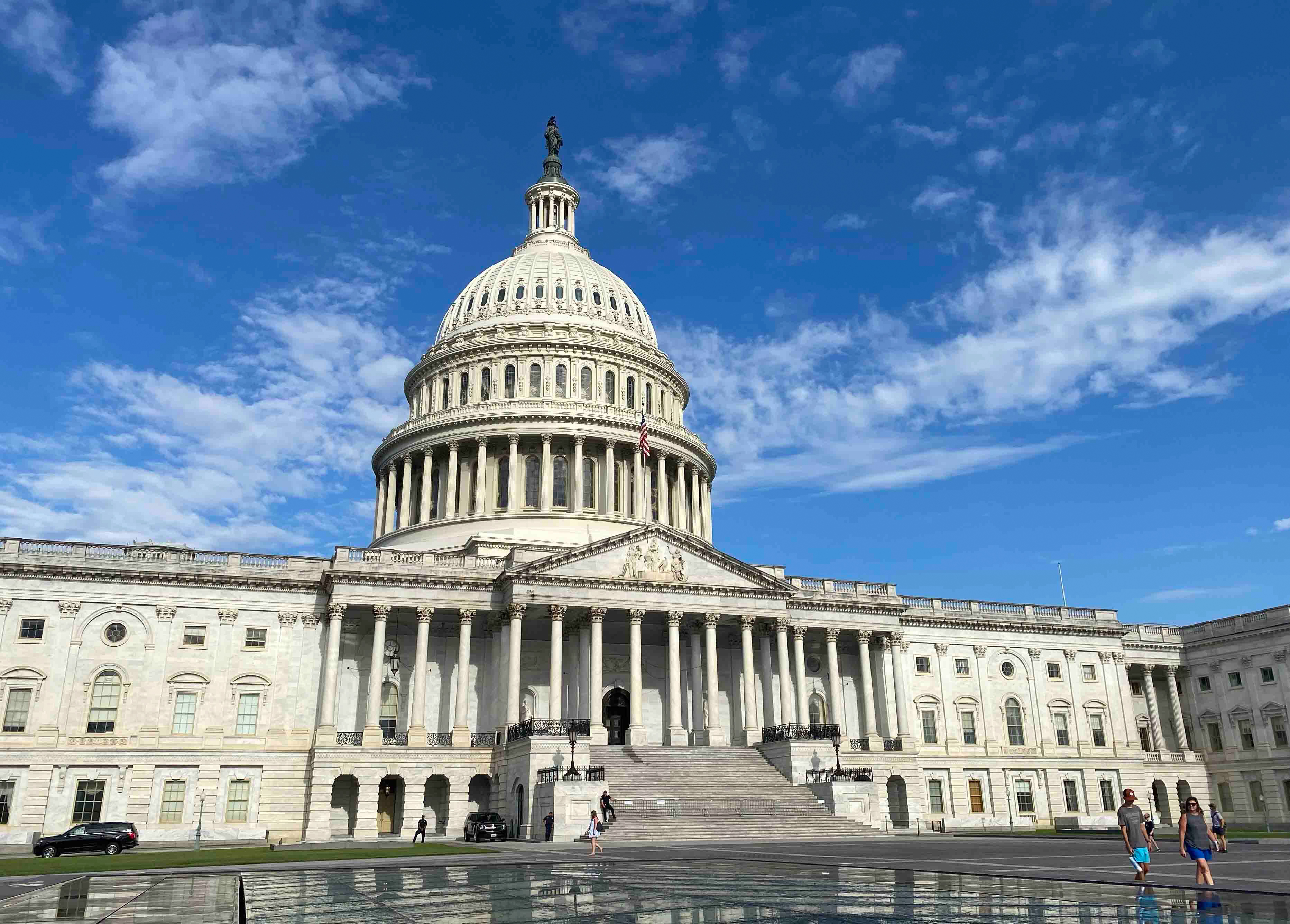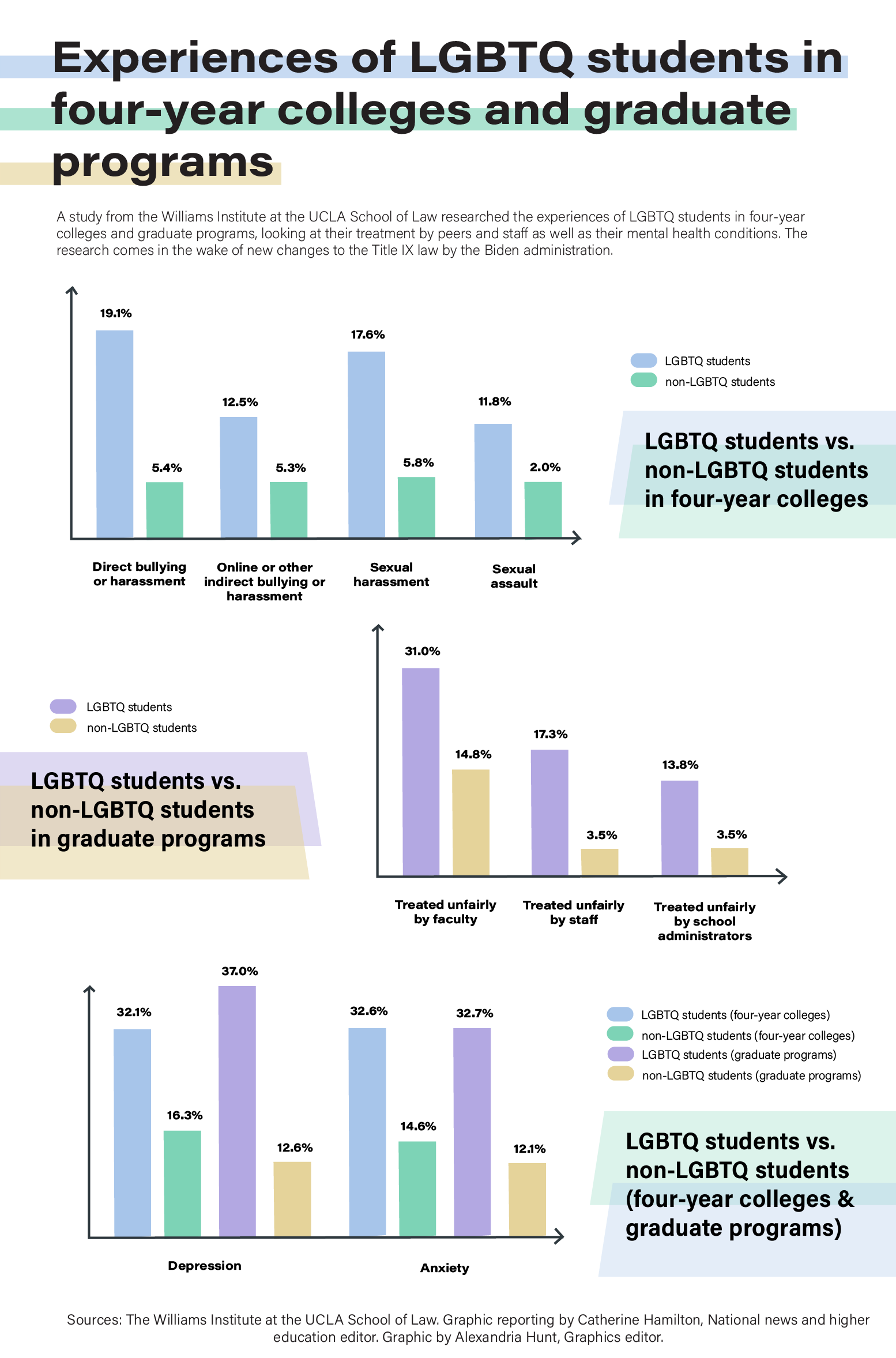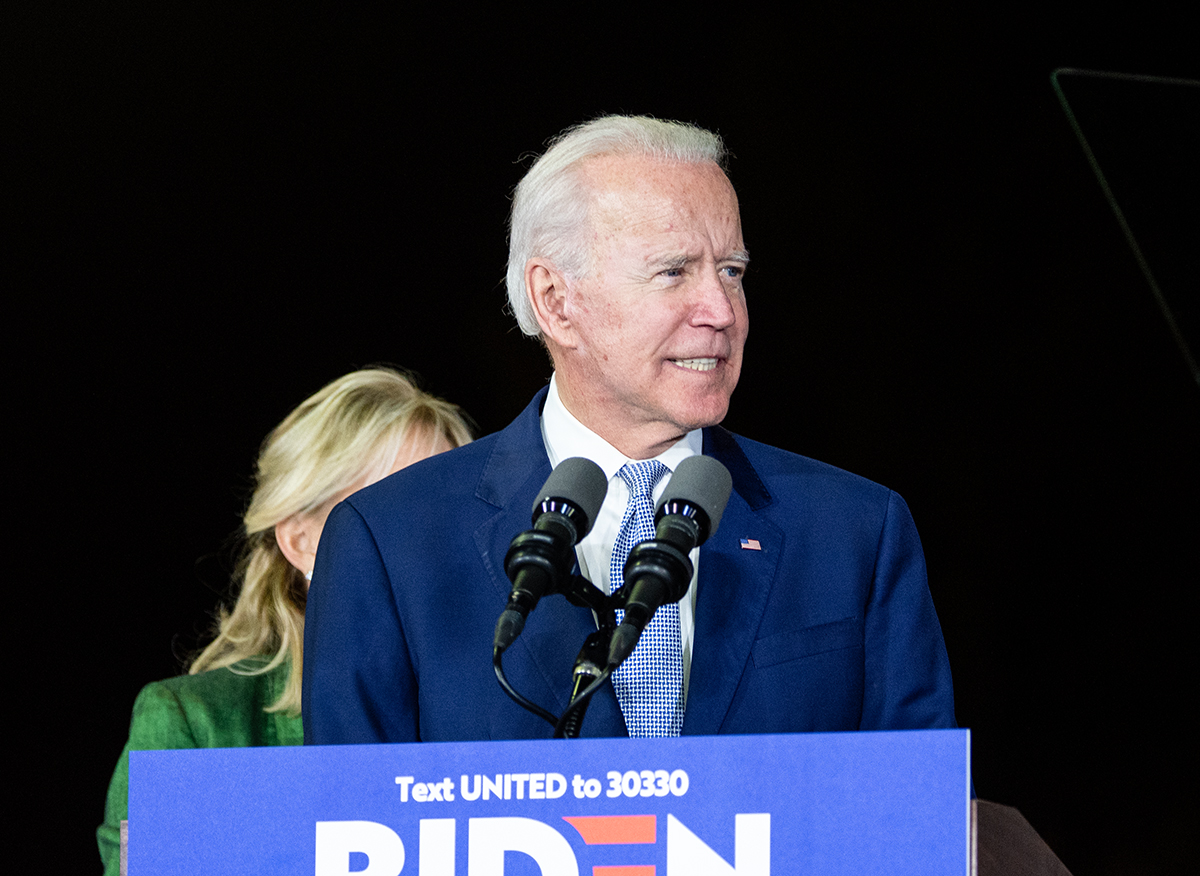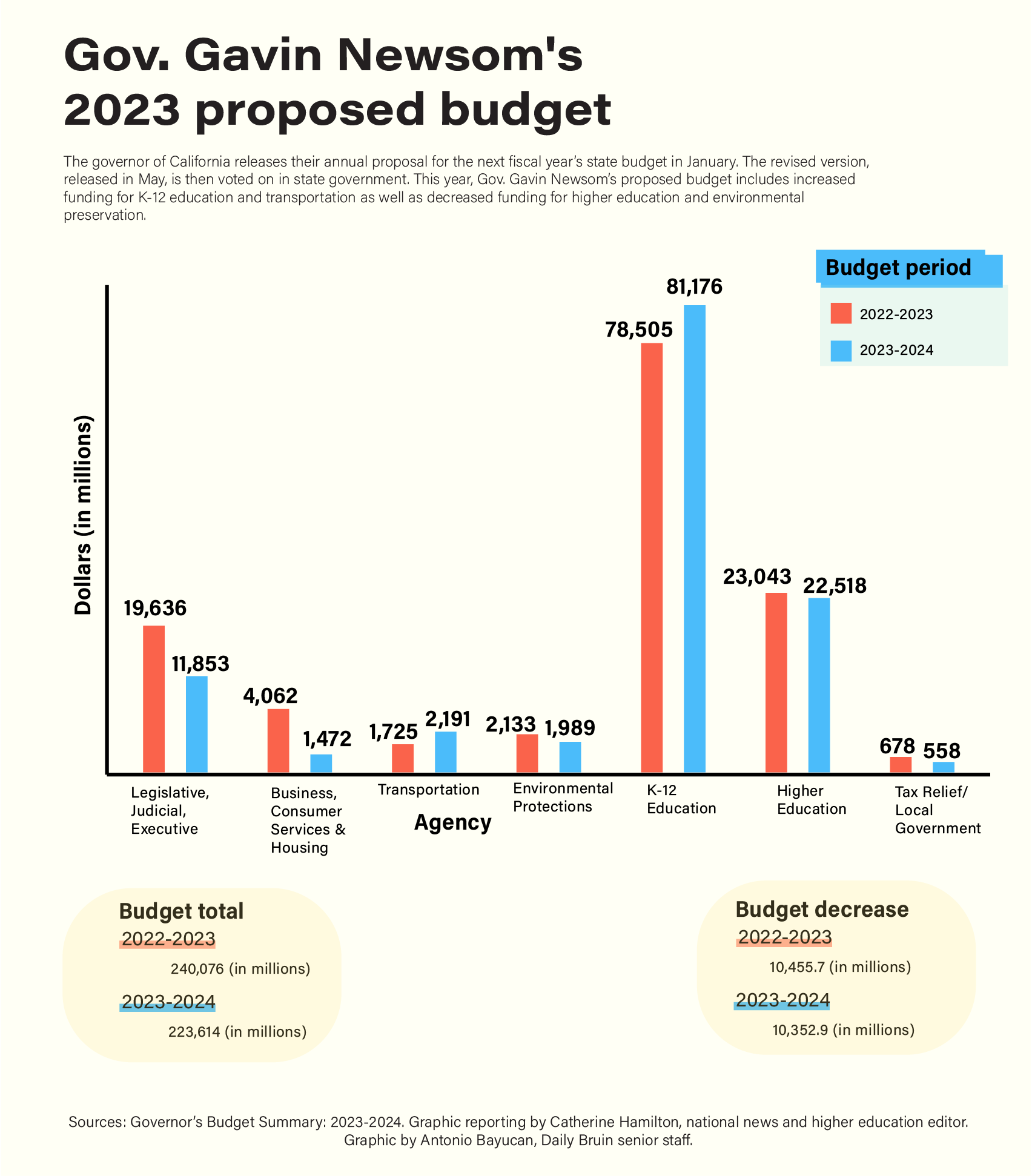UCLA experts express opposition to Republicans’ plans to reduce education funding

The United States Capitol is pictured. House Republicans have proposed legislation making changes to higher education. (Myka Fromm/Assistant Photo editor)
By Paula Zepeda
Jan. 9, 2024 6:42 p.m.
This post was updated Jan. 9 at 9:46 p.m.
UCLA experts discussed congressional Republicans’ plans for education reform and their implications for higher education.
The United States House Education Committee accepted education funding bills in November that are supported by Republicans in the House of Representatives, but the House postponed votes on the bills to a future date.
The bills aim to reduce funding to federal education programs, including a $14.7 billion decrease in federal spending for low-income schools and removing funds for research grants given to historically Black colleges and universities and minority-serving institutions. The bill would also end funding for the Saving on a Valuable Education Plan, a student loan repayment program initiated by the Biden Administration in August.
Patricia Gándara, a research professor at the UCLA School of Education and Information Studies, said she believes the GOP’s plans in Congress should focus on increasing rather than decreasing funding for student loans, especially as interest rates rise.
“We’ve lost ground enormously, and the percentage of our population that is able to complete a college degree (has lowered) and particularly among underrepresented students,” Gándara said. “We need to really focus on making higher education more affordable for students.”
Sylvia Hurtado, a professor of education, said amendments to the 1965 Higher Education Act previously included funding for minority-serving institutions. She added that she believes that funding should be increased rather than eliminated to continue serving underrepresented minority students.
Hurtado said it is important for students to look at political candidates’ platforms, especially amid potential changes to financial aid and funding for minority-serving institutions.
“It’s very important for students to vote, because these are important issues, and to look at the platforms of the candidates to see, ‘How will that affect my education?’” Hurtado said.
Ozan Jaquette, an associate professor of higher education, said student debt is generated by educational costs outstripping household incomes, and added that doubling the size of Pell Grants – which are a form of federal aid based on financial need – instead of implementing the proposed GOP policies would decrease the amount of loans students take out and increase college enrollment.
However, Jaquette said substantial changes to increase educational access are only likely to be implemented through executive order, which has limited powers over legislative action.
One of the House Republicans’ bills proposed, titled the Defending Education Transparency and Ending Rogue Regimes Engaging in Nefarious Transactions Act, would mandate the reporting of foreign funding by colleges and universities.
Hurtado said the Republicans’ plan for preventing foreign influence is unnecessary because higher education institutions already have protocols established for their faculty regarding the acceptance of research money.
“Our institutions already have a safeguard in place for monitoring (federal funding),” Hurtado said. “They (House Republicans) want this big federal thing because they want to pretend they’re actually doing something to prevent foreign influence, and that’s not going to be adequate.”
Hurtado added that UCLA already makes its foreign funding information publicly available.
Jaquette said he believes partisan politics hinders progress on addressing issues in higher education, adding that because of the two political parties’ opposing stances, it will be challenging to resolve them.
Jaquette added that Democrats would like to increase federal funding for education, but Republicans argue against it as the action would result in overspending.
Hurtado said the last time the Higher Education Act was reauthorized was in 2008, and since that year, Congress has been unable to agree on either the whole bill or changes because it would require modifications in different areas, such as financial aid.
Jaquette said education policy has been stagnant for 20 years due to this political divide. He added when policy changes do happen, it is only with unanimous support.
Gándara said she believes the measures Republicans want to implement are not addressing the bigger issues in higher education.
“We have big problems in terms of getting our students successfully through higher education, getting degrees and not being left in debt for the rest of their lives,” Gándara said. “I think the Republican stance is just ignoring that.”






